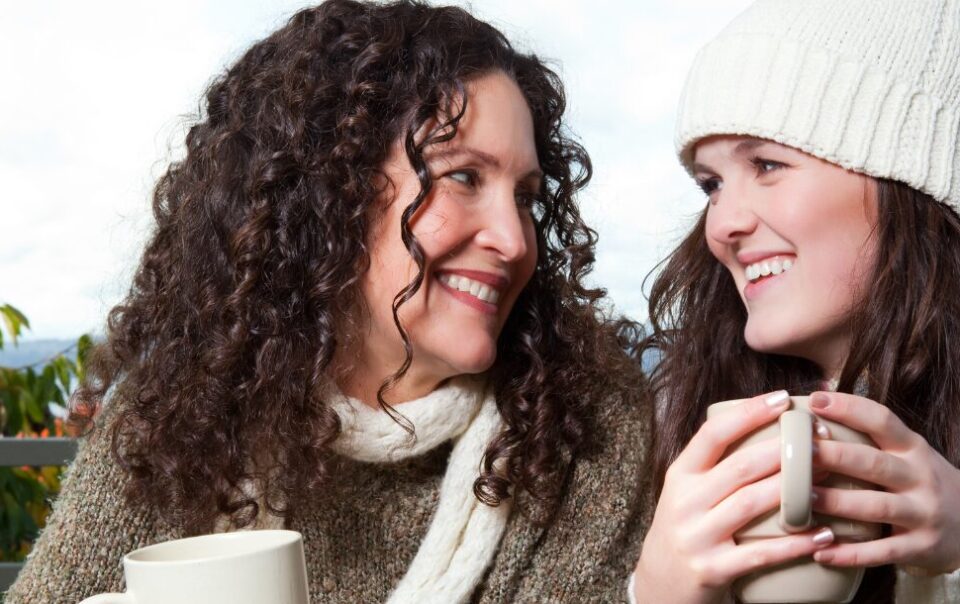
From Childhood to Womanhood: Unpacking the Effects of Conditioning
Introduction
Childhood is a critical period in a person’s life when they are shaped and molded into the individuals they will become as adults. It is during these early years that children undergo a process known as childhood conditioning, which involves the acquisition of behaviors, beliefs, and values from their family, environment, and experiences. This conditioning can profoundly impact adult behaviors, shaping personality traits, relationships, and even career choices. This article will explore the significance of childhood conditioning and its long-lasting effects on adult behavior.
The Role of Early Experiences
Childhood conditioning begins from the moment a child is born and continues throughout their formative years. It encompasses a wide range of experiences, including interactions with caregivers, exposure to cultural and societal norms, and the development of attachment styles. These early experiences are crucial in shaping a child’s perception of the world and themselves.
One of the most fundamental aspects of childhood conditioning is the attachment bond formed with primary caregivers, typically parents. Secure attachment, characterized by consistent love, care, and responsiveness, fosters a sense of trust and emotional security in children. This sense of security can lead to healthy adult relationships characterized by trust, empathy, and effective communication. Conversely, insecure attachment can result in difficulties with intimacy, emotional regulation and a higher risk of developing psychological disorders in adulthood.
Family Dynamics and Parenting Styles
The family environment is a significant factor in childhood conditioning. Family dynamics and parenting styles greatly influence a child’s development. Authoritarian parents, for example, tend to raise children who may become more compliant but struggle with independent decision-making as adults. On the other hand, permissive parents may raise children who have difficulty with self-discipline and boundaries.
Moreover, children exposed to dysfunctional family dynamics, such as substance abuse, domestic violence, or neglect, may carry these experiences into adulthood. They may struggle with trust issues, emotional instability, and difficulties forming healthy relationships. Recognizing the impact of family dynamics on adult behavior is essential for individuals seeking personal growth and healing.
Cultural and Societal Conditioning
Beyond the family, children are exposed to cultural and societal conditioning from a young age. Cultural norms and expectations play a significant role in shaping a child’s worldview, values, and behaviors. For example, a child growing up in a culture emphasizing individualism may develop a strong sense of independence and self-reliance as an adult. In contrast, a child raised in a collectivist culture may prioritize group harmony and community relationships.
Societal messages and media also contribute to childhood conditioning. Exposure to gender stereotypes, beauty standards, and societal expectations can shape a child’s self-concept and influence career choices and life goals as adults. Recognizing these external influences and their potential impact on adult behaviors is crucial.
The Formation of Core Beliefs
Childhood conditioning influences external behaviors and shapes a person’s core beliefs about themselves and the world around them. These core beliefs often become the foundation for one’s self-esteem and self-worth. For example, a child who consistently receives praise and positive reinforcement may develop a strong self-esteem, leading to confidence and resilience in adulthood.
Conversely, children who experience criticism, rejection, or constant comparison to others may develop negative core beliefs about themselves, leading to low self-esteem and self-doubt in adulthood. Recognizing and challenging these deeply ingrained beliefs is crucial to personal growth and positive behavioral change.
The Role of Resilience and Adaptability
While childhood conditioning can significantly impact adult behaviors, it is essential to remember that individuals possess the capacity for resilience and adaptability. Even those who have experienced challenging or adverse childhood conditioning can overcome its effects and make positive changes in their lives.
Resilience involves the ability to bounce back from adversity, and it can be cultivated through various means, including therapy, support networks, and self-reflection. By understanding the root causes of their behaviors and actively working to change negative patterns, individuals can break free from the limitations imposed by childhood conditioning.
The Path to Resiliency
Childhood conditioning is a powerful force that shapes an individual’s life trajectory. It influences behaviors, beliefs, values, and even the quality of relationships in adulthood. However, it is essential to recognize that childhood conditioning is not destiny. With self-awareness, resilience, and a willingness to change, individuals can overcome the adverse effects of their early experiences and lead fulfilling, purposeful lives. By understanding the impact of childhood conditioning and its role in adult behaviors, we empower ourselves to break free from old patterns and create the future we desire.
Embracing Change
Are you ready to take charge of your life, break free from the limitations of childhood conditioning, and embrace the empowered woman within you? Our Women-Centered Coaching program is designed to help you unlock your full potential, nurture self-awareness, and lead a life aligned with your true self.
Join us on this transformative journey of self-discovery, resilience-building, and personal growth. Together, we will explore the impact of conditioning and empower you to rewrite your life story. It’s time to shed the old patterns and embrace the future you deserve.
To learn more about our Women’s Self-Leadership Coaching program and how it can help you on your path to empowerment, click here: Women’s Self-Leadership Coaching. Take the first step towards a brighter, more fulfilling future. Your journey to self-discovery begins now.
Terri Altschul is an ICF PCC—a Certified Coach with more than 4,00 coaching sessions. She has trained and coached individuals and groups at all stages of their careers and lives in Fortune 100 and 500 companies, Start-ups, and Nonprofit organizations. One of her special gifts is helping you see your untapped potential and identify the blockers to that potential.





